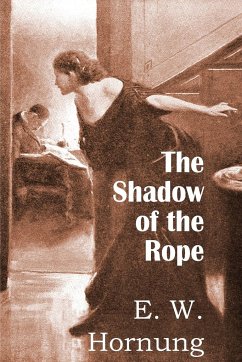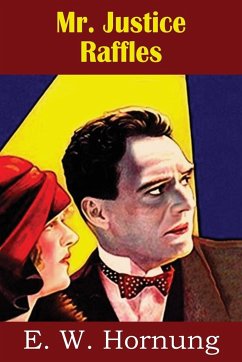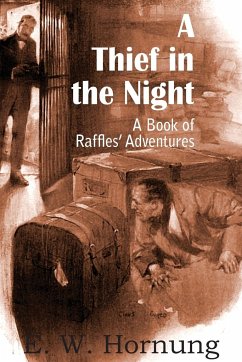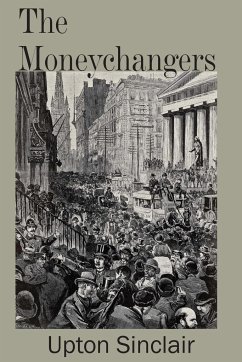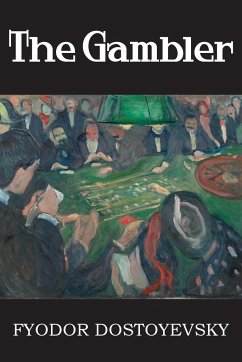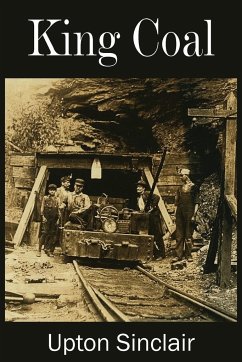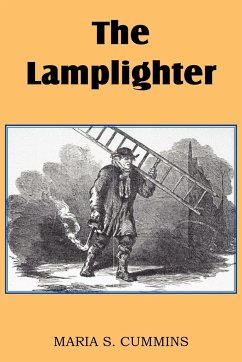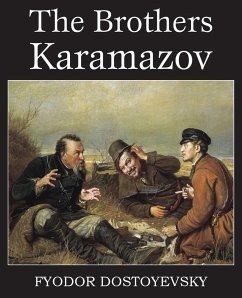
No Hero
Versandkostenfrei!
Versandfertig in 1-2 Wochen
13,99 €
inkl. MwSt.

PAYBACK Punkte
7 °P sammeln!
An Eton boy, who has escaped from his mother's influence and has fallen in love with a woman who is believed to be an adventuress, is the central figure in Mr. Hornung's new story. The scene is laid in Switzerland, with a background of piquant hotel gossip, the narrative being in the words of a friend of the boy's mother who has undertaken the task of disillusionizing the lad. The result is as unconventional as it is unexpected. "A clever, fresh, well-told story with more than the usual measure of art in its telling."



